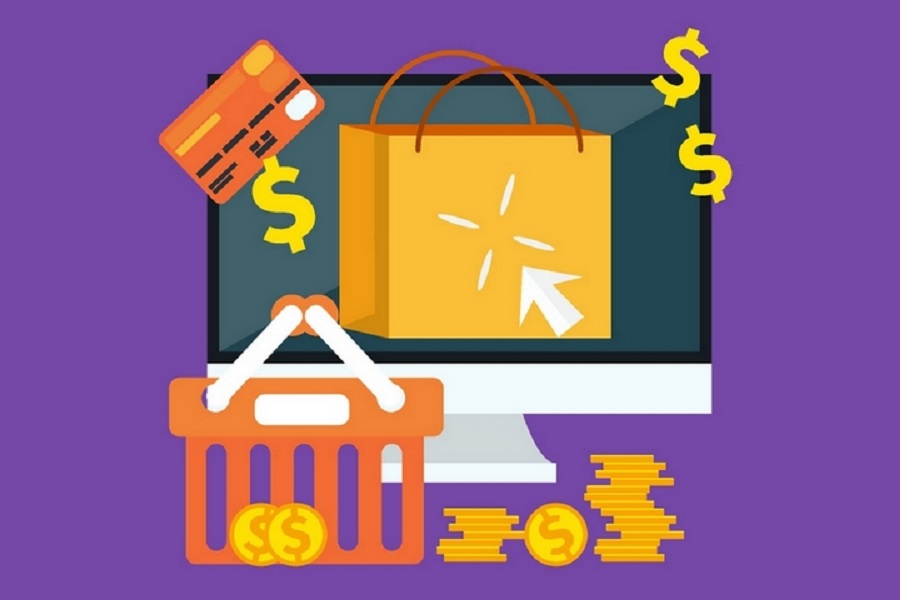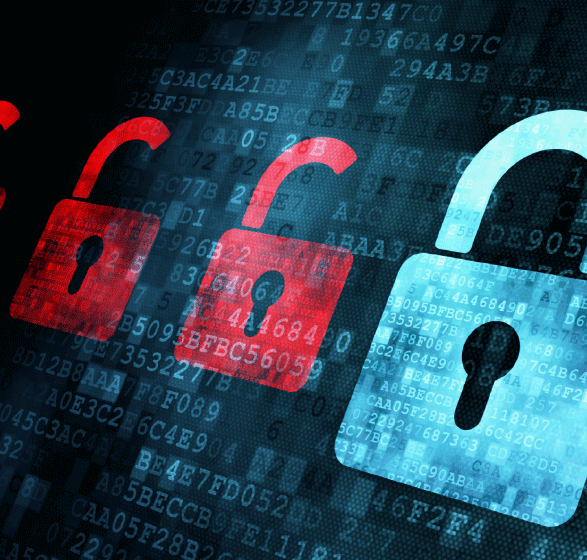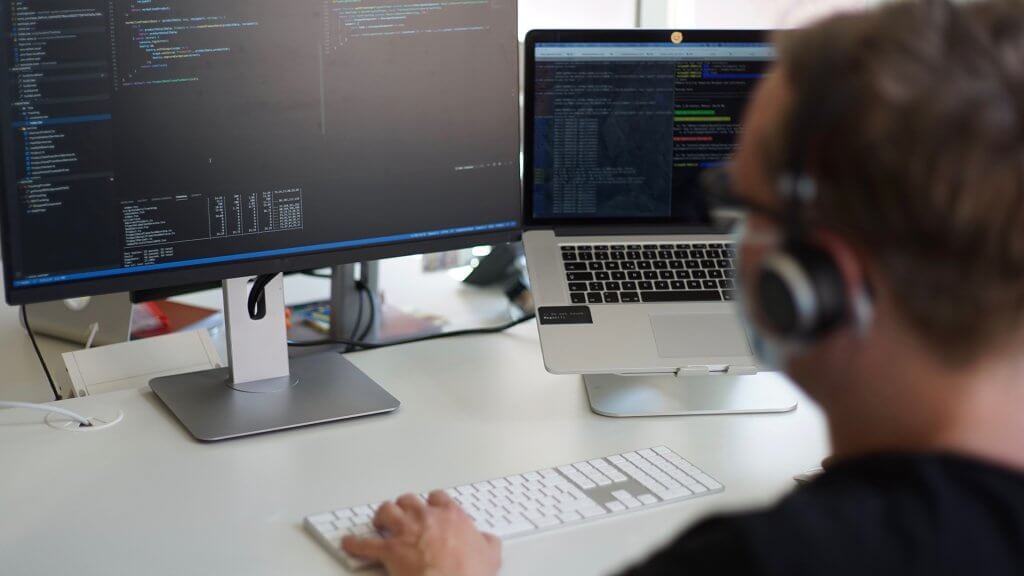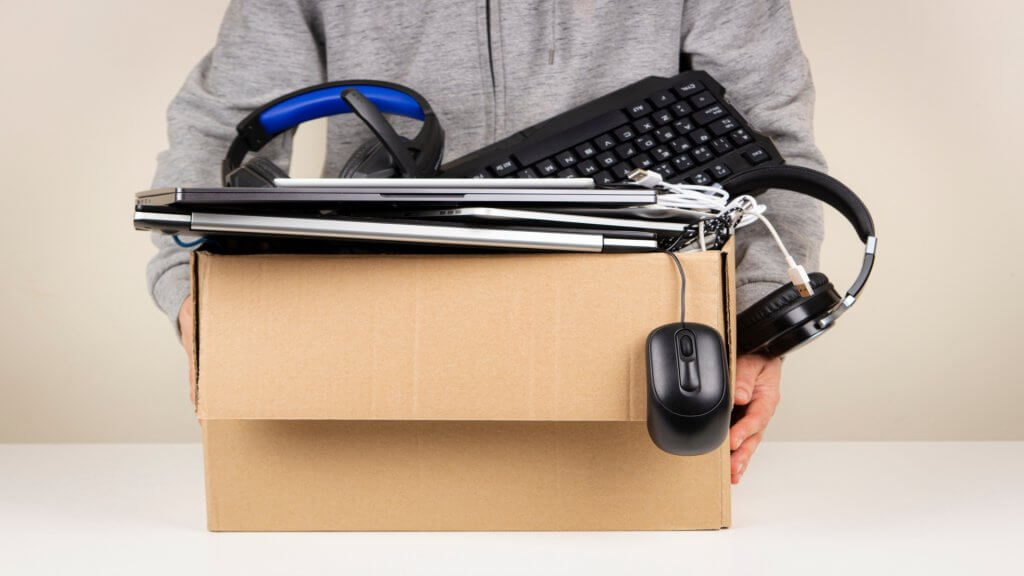Many people have heard the term inflation. Is it really harmful to your personal budget? Yes, inflation means the cost of things increases, and it can affect all the things you purchase on a regular basis including groceries, fuel, and expensive items. Inflation has both short- and long-term effects. It impacts every aspect of your life and has a significant effect on the financial future of each consumer.
While inflation hits high, and some people say, “I need $200 now”, you should explore new ways of saving cash. In this article, we are going to talk about budgeting tips to help you meet financial obligations during uncertain times and how to prepare for inflation.
Current Economic Situation
Inflation raises in many countries these days. The recent two years have been rough for our economy due to the pandemic as millions of people have been laid off. Consumers who were temporarily unemployed had to rely on their own savings or various lending solutions to make ends meet.
According to the U.S. Department of Agriculture, the all-items Consumer Price Index (CPI), a measure of economy-wide inflation, increased by 1.3 percent from February 2022 to March 2022 before seasonal adjustment, up 8.5 percent from March 2021. The CPI for all food increased 1.0 percent from February 2022 to March 2022, and food prices were 8.8 percent higher than in March 2021.
Although using a credit card or a small loan can be beneficial sometimes, it’s important to have your personal finances in order during inflation so that you don’t rely on lending products and accumulate debt. Keep on reading to learn about the top budgeting tips to help you beat inflation and avoid money pitfalls.
How to Prepare for Inflation: Budgeting Tips
Have a Monthly Budget
Following a spending plan can help you overcome temporary money problems connected with rising costs of living. Creating a monthly budget and sticking to it can help you prevent financial disruptions. The common mistake of consumers is overspending. When you don’t have a budget you can’t make sure you live within your financial means. It’s easy to overspend and accumulate debt that you will have to repay eventually.
If you want to ensure you don’t spend too much and have enough funds to set aside in your savings account, you need to get on a budget. This way, even if inflation hits fast you will be prepared to deal with any emergency and save your costs. You need to have a budget for each spending category including groceries, clothing, gas, and utilities.
Lower Unnecessary Costs
Once you establish a budget, you already have more space to keep your personal finances in order. Inflation can hit your budget without giving you the time to prepare. Thus, it’s essential to think about precautionary measures ahead of time. If it seems you spend too much on a monthly basis, you should think about lowering unnecessary costs.
Search for Free Things
Every consumer may save some funds and prevent money issues if they search for free alternatives. If your budget is tight or you don’t have a steady income flow, you can benefit from staying at home and cooking your meals instead of eating out. You may enjoy free concerts and museums in your area. It can even be fun to look for cheap and free things you can have locally.
Try Out Cheaper Stores
Do you want to minimize your spending? If you want additional ways of cutting monthly expenses, you may become more creative. There are less expensive cleaning products, food, and other products you can find at various stores. You won’t find a lot of difference but the difference in your monthly costs will be pleasant for sure.
Stay Focused
We all have to deal with the rising cost of monthly expenses due to inflation. It’s significant for each of us to stay focused on our priorities and remember our aims. You should maximize your savings and try to live by your own means instead of accumulating a pile of debt or living on credit cards.
To Sum Up
While we all have to deal with inflation as its outcomes, you can follow these professional pieces of advice on how to deal with it and minimize your money issues. Remember your financial priorities and obligation you have. Our tips will help you stay on track and improve your savings.




















